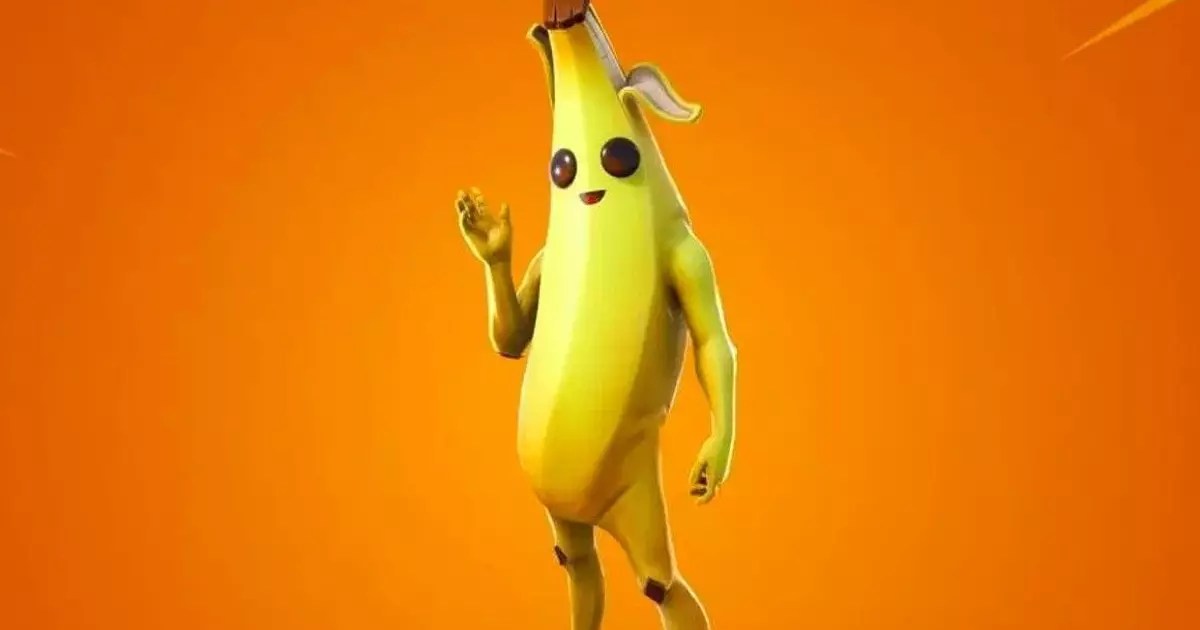Fortnite, the popular battle royale game, has announced that it will soon allow players to hide certain emotes that are deemed to be “confrontational”. These emotes, which are said to be used in provocative ways, have sparked a discussion about player behavior and the impact of virtual actions on human psychology.
One of the emotes that players will now be able to hide is the “Laugh it up” emote. This particular emote has been identified as the most-used emote in Fortnite’s history, with approximately 78.4 million uses. It is often used as a taunt after eliminating an opponent, which can be seen as disrespectful and confrontational.
In addition to the “Laugh it up” emote, three other emotes have been identified as being potentially confrontational. These include “Take the L”, a dance move with a loser symbol, “Whipcrack”, a snapping whip animation, and “Make It Plantain”, an emote that involves throwing bananas resembling a rich person flaunting wealth. These emotes seem to evoke feelings of humiliation and suggestiveness.
The decision to allow players to hide these confrontational emotes raises questions about the overall gaming experience. Taunting and provocation in online games can lead to negative interactions and create a toxic environment for players. The ability to hide these emotes may help reduce instances of harassment and improve the overall atmosphere of the game.
While hiding confrontational emotes may temporarily address the issue of toxicity in Fortnite, it may not be a permanent solution. The underlying problem of negative communication and disrespectful behavior in online games may require more comprehensive measures to address. However, if hiding these emotes can make the gaming experience more enjoyable for some players, then it may be a step in the right direction.
This is not the first time that Fortnite’s emotes have caused controversy. In the past, some emotes have been the subject of lawsuits filed by creators of certain dance moves featured in the game. While many of these cases have been resolved, the discussion around emotes and their impact on player behavior continues to be a relevant topic in the gaming community.


Leave a Reply